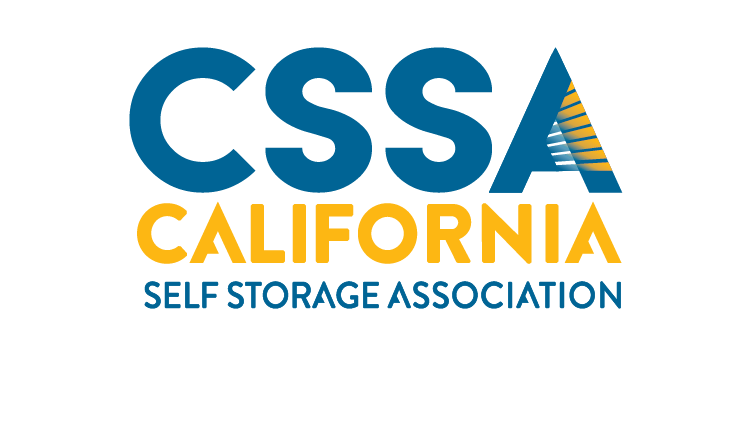Richmond to ask voters to change business tax so it can reap more revenue
Voters will choose whether to approve a new way to tax businesses
By ANNIE SCIACCA | asciacca@bayareanewsgroup.com | Bay Area News Group
PUBLISHED: August 5, 2020 at 8:57 p.m. | UPDATED: August 8, 2020 at 9:35 a.m.
RICHMOND — Richmond will ask voters to approve changes to the way businesses are taxed in an effort to almost double the city’s take from them.
The City Council on Wednesday voted to put a measure on the November ballot asking voters to authorize taxing businesses based on their gross receipts instead of the number of employees.
Currently, businesses pay a flat annual license tax of $234.10 plus $46.80 per employee up to 25 employees and $40.10 for each additional employee.
That would change if voters in November approve the proposed tax structure, under which businesses would have to pay a percentage of their gross receipts earned in Richmond, with the amount depending on the nature of their business and at a rate assigned per industry.
In the proposed model, most businesses would pay between 0.06% and 0.68%. Grocers, for example, would pay 0.06% if they make up to $1 million in sales for the year, 1% if they make between $1 million and $2.5 million, and tiered up to 2% if they make $50 million or more annually in the city.
A few industries would exceed the typical rate structure, including firearms and ammunition, which would be taxed at a rate of 2.4%, and cannabis, which would continue to be taxed at a rate of 5%.
The rate structure would bring in an estimated $6.2 million in total revenue — $3.2 more than through the current structure.
Though city staff had recommended taxing residential rental gross receipts at a flat rate of 1%, with a 50% discount for rent control properties, Councilmember Melvin Willis proposed using Berkeley’s model of taxing rentals at rates of 1.081% for the first four units and 2.88% for additional units. He also proposed giving property owners with four or fewer units a chance to credit the fees to the rent board so they don’t have to pay twice.
A majority of the council approved his motion, with Mayor Tom Butt and Vice Mayor Nat Bates voting no and Demnlus Johnson abstaining.
Bates said he believes changing the tax structure will unfairly burden businesses, especially at a time when many are barely hanging on amid the coronavirus pandemic fallout.
“You’re sticking it to the people who are already hurting and they’re going to hurt even more,” he said, noting that businesses like Amazon, which city staff and leaders worked hard to bring into town, could be driven out by the tax.
The measure has drawn support from workers and union members, who say the change would stimulate job creation because additional employees wouldn’t become a tax burden.
They say large businesses that make more money would be taxed more under the progressive tax structure.
Money generated by the tax rate change could go toward the city’s funding of “Richmond youth, libraries, parks, community centers, emergency response, and other city services that may see cuts due to a structural budget deficit compounded by COVID-19 related revenue shortfalls,” a city memo says. Because the money is considered a general tax, however, it could be spent other ways too.
The ballot measure would need a simple majority of votes to pass.
Despite a Friday deadline for submitting the measure to qualify it for the November ballot, the city can make small changes to it later such as lowering the tax rates (but not raising them) in the future. Council members agreed to form a working group to bring in voices from the business community and others to discuss what the rates for specific industries should be.
